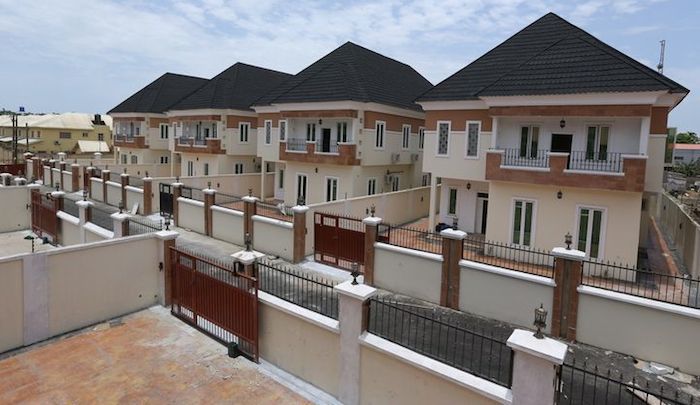By: Bolakale Elelu
Nigeria faces a significant housing deficit, estimated at over 20 million units, which is one of the country’s most pressing developmental challenges. Rapid urbanisation, population growth, and rising poverty levels are making the dream of homeownership increasingly unattainable for millions. However, the solution lies in a bold, multi-faceted approach that combines innovation, policy reform, and inclusive financing.
One promising avenue is the adoption of alternative building technologies. Methods such as modular construction, 3D printing, and the use of locally sourced materials like compressed earth blocks can substantially lower costs and construction time.
These innovations not only make housing more affordable but also create jobs and stimulate local economies. The government and private developers need to invest in research and training to scale these technologies across the nation. Embracing innovation will modernise the housing sector and make it more sustainable and resilient.
Land ownership in Nigeria is often complicated by bureaucracy and legal ambiguity. Streamlining land titling processes and digitising property records can make it easier for developers and individuals to acquire land transparently.
Equally important is reforming the mortgage system. With interest rates often exceeding 20%, most Nigerians find it difficult to secure home loans. Establishing a robust mortgage refinancing institution, along with targeted subsidies for low-income earners, can enhance access to financing. Financial institutions should also create flexible repayment plans tailored to informal sector workers, who constitute a significant part of the population.
The government cannot tackle the housing crisis alone. Strategic partnerships with private developers, NGOs, and international donors are essential to unlock funding and expertise. Incentives such as tax breaks, land grants, and infrastructure support can encourage private investment in affordable housing projects. While the Family Homes Fund is a positive step forward, it needs to be expanded and replicated across states. State governments should also establish housing development agencies with clear mandates and measurable targets.
Solutions must be tailored to meet the unique needs of each region. Urban slums and rural communities require different approaches. Empowering local governments and communities to co-design housing projects ensures they are culturally relevant and sustainable. Cooperative housing models, where groups pool resources to build and collectively own property, have shown promise in other developing countries and could thrive in Nigeria. These models promote shared responsibility and lessen the financial burden on individuals.
Public awareness and education are also crucial. Citizens need to understand their rights, the available housing schemes, and how to navigate the system effectively. Media campaigns, community workshops, and digital platforms can help bridge the information gap and build trust between the public and housing authorities.
Addressing Nigeria’s housing deficit is not just about constructing buildings; it is about fostering dignity, stability, and opportunity. With the right combination of innovation, policy reform, and inclusive financing, Nigeria can construct not only homes but also hope. The time to act is now.
ESV Bolakale Elelu B.Tech, MSc, MNIVS, RSV (Bola Elelu & Associates)km














